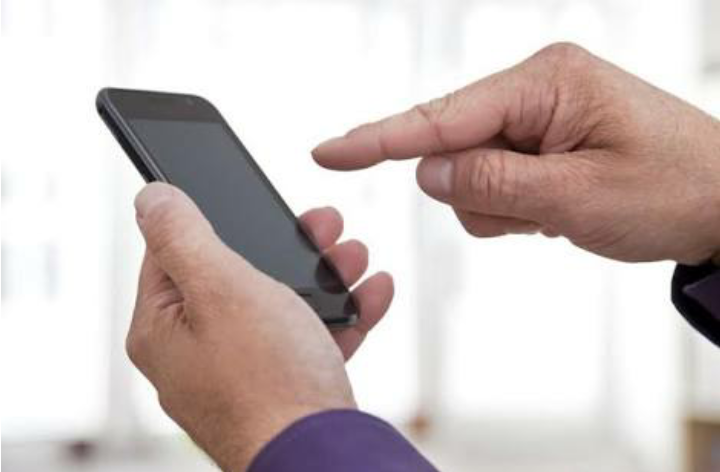A mobile phone, known as a cell phone in North America, is a portable telephone that can make and receive calls over a radio frequency link while the user is moving within a telephone service area. The radio frequency link establishes a connection to the switching systems of a mobile phone operator, which provides access to the public switched telephone network (PSTN). Modern mobile telephone services use a cellular network architecture, and, therefore, mobile telephones are called cellular telephones or cell phones, in North America. In addition to telephony, 2000s-era mobile phones support a variety of other services, such as text messaging, MMS, email, Internet access, short-range wireless communications (infrared, Bluetooth), business applications, video games, and digital photography. Mobile phones offering only those capabilities are known as feature phones; mobile phones which offer greatly advanced computing capabilities are referred to as smartphones.
The first handheld mobile phone was demonstrated by John F. Mitchell[1][2] and Martin Cooper of Motorola in 1973, using a handset weighing c. 2 kilograms (4.4 lbs).[3] In 1979, Nippon Telegraph and Telephone (NTT) launched the world's first cellular network in Japan.[4] In 1983, the DynaTAC 8000x was the first commercially available handheld mobile phone. From 1983 to 2014, worldwide mobile phone subscriptions grew to over seven billion, penetrating virtually 100% of the global population and reaching even the bottom of the economic pyramid.[5] In first quarter of 2016, the top smartphone developers worldwide were Samsung, Apple, and Huawei (and "[s]martphone sales represented 78 percent of total mobile phone sales").[6] For feature phones (or "dumbphones") as of 2016, the largest were Samsung, Nokia, and othar